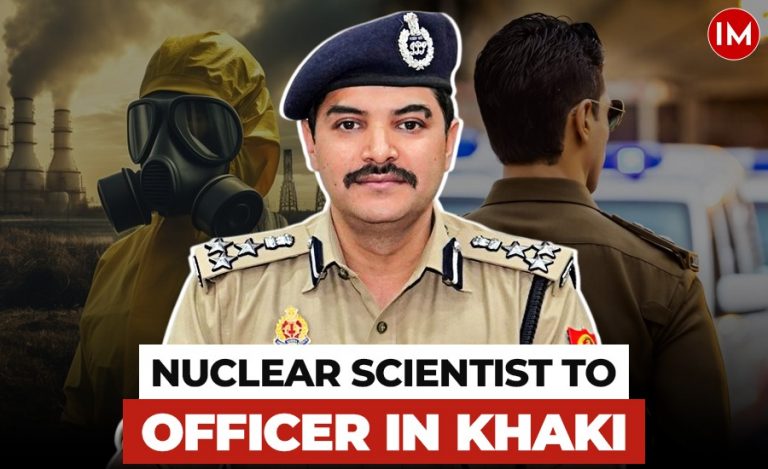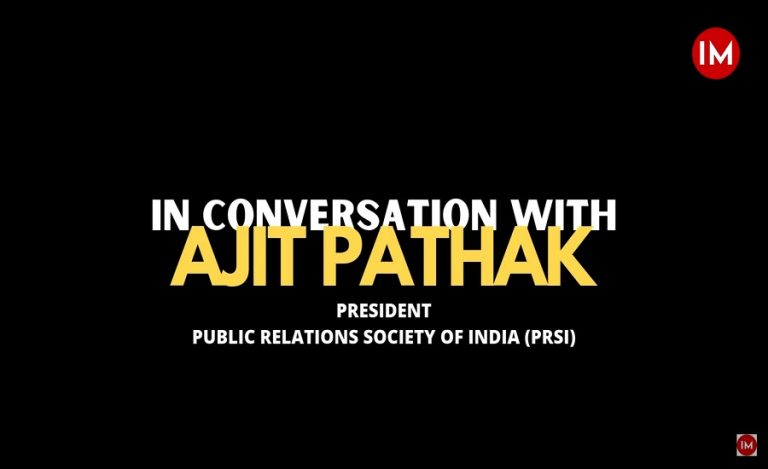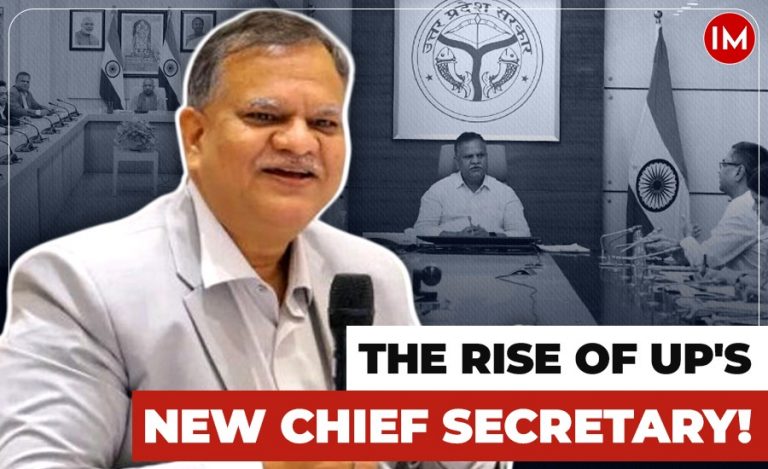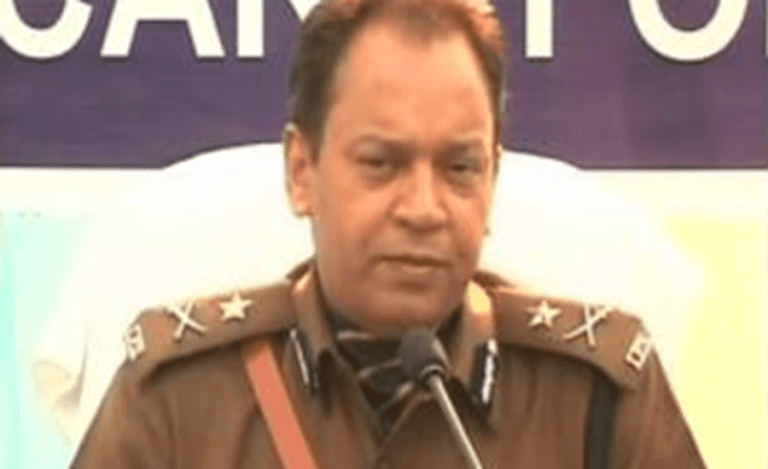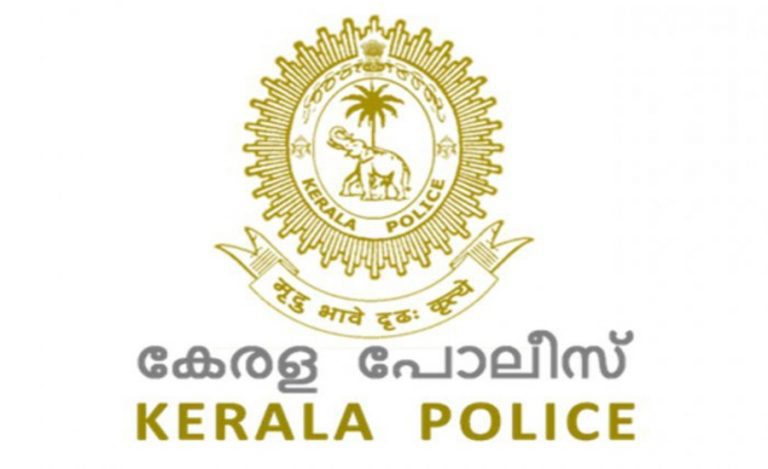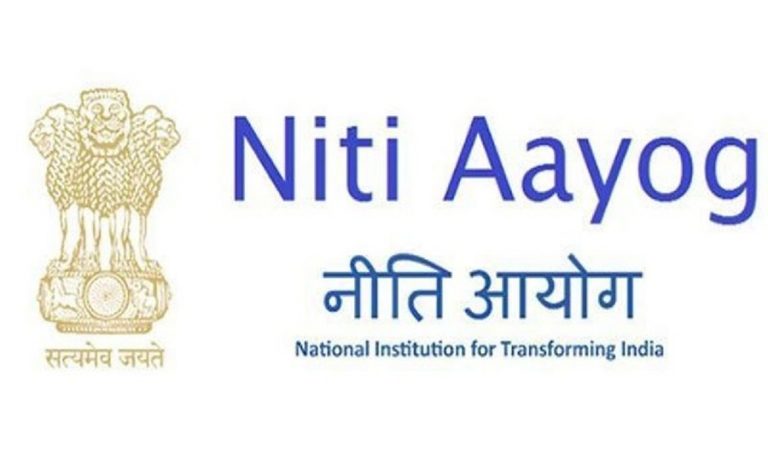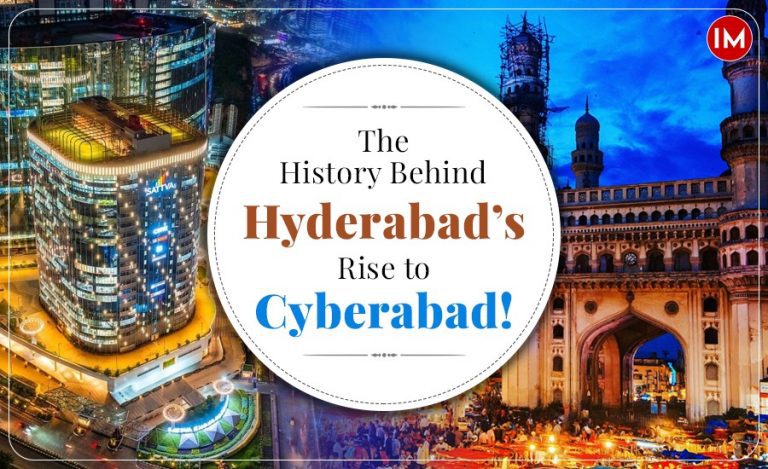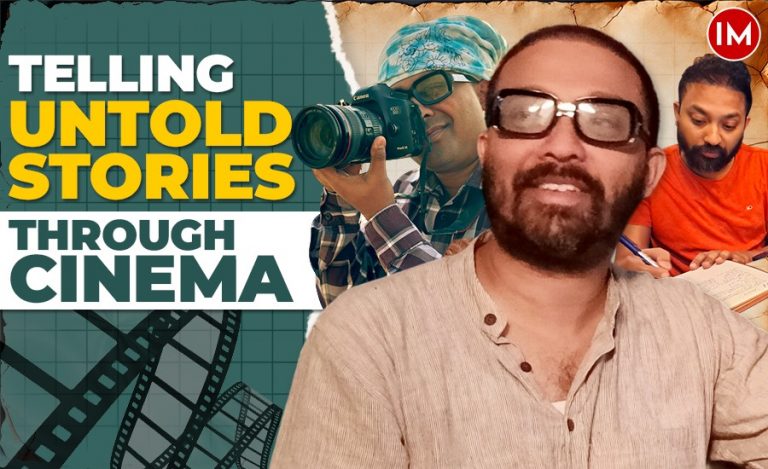Each year, the UPSC CSE results bring with it a plethora of “Rag to Riches stories.” However, when we approached the first-generation school-goer from a remote village in Rajasthan and one of the handfuls of Hindi-medium toppers of India’s most coveted competitive examination, Mr. Vinod Kumar Meena (AIR-135, UPSC CSE 2023), the Indian Masterminds felt the compulsion to uphold a different aspect of the life of someone who faced many overbearing adversities yet was confident enough to sideline the tales of poverty and focus on whatever he was able to achieve through humility and honesty.
Mr. Meena hails from an ST family from a remote village named Deoli (Uniara Tehsil) in the Tonk district of Rajasthan. Both his parents are farmers, and out of his five siblings, only four could afford the luxury of education (including him). Even in such adversities, Mr. Meena and his elder brother were able to navigate through the thicks and thins of rural life and dedicated much effort to breaking through the shackles of dilapidation and emerging as the beacons of success from their village.
His family, particularly his elder brother (now an assistant loco pilot in the Indian Railways), realized his academic prowess when he secured a cent-per-cent mark in the 8th standard. Motivated by this distinctive achievement, a young Vinod Meena started dreaming of getting into IITs, and four years down the line, he achieved that dream. Mr. Meena, a graduate of Electrical Engineering from IIT Roorkee, cleared the UPSC CSE on his sixth attempt in 2023 despite appearing for his first interview in 2021 and is presently undergoing training as an Assistant Commandant in the Central Armed Police Force (CAPF). Throughout his journey, Mr. Meena’s elder brother rendered him with unconditional support!
During his conversation with the Indian Masterminds, Mr. Meena delved deeper to illustrate the problems faced by Hindi students while preparing for the CSE and shared some important pieces of advice for Hindi-medium UPSC aspirants.
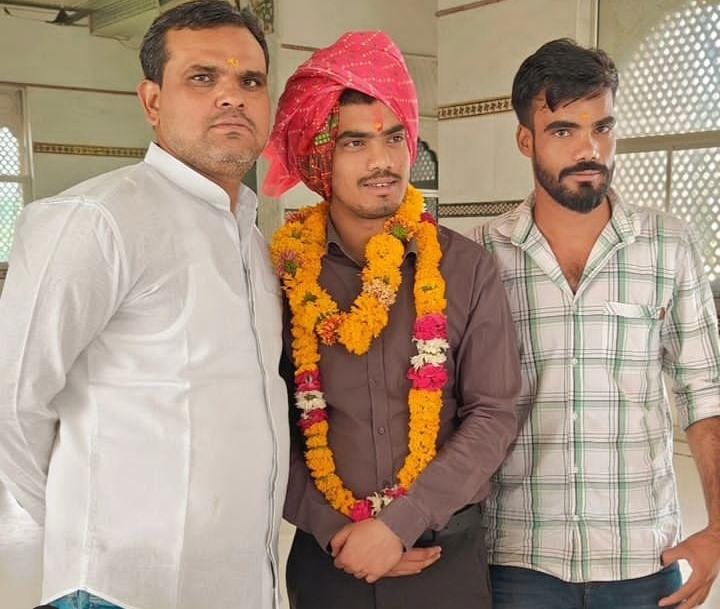
UPSC Preparation:
During a candid conversation with the Indian Masterminds, Mr. Meena revealed that he usually studied for 6 to 7 hours each day, but he increased the quantum to 10 to 11 hours when the prelims or mains exams were near. Although he didn’t take any holistic coaching, he was able to get a grasp of the UPSC syllabus and his optional subject, Hindi literature, only through the test series offered by coaching centers.
Given the plethora of content available online, Mr. Meena did not get caught in the “content trap.” Instead, he solved all the Previous Year’s Questions (PYQs) and invested much time in understanding the UPSC syllabus to study selectively for the exam. Since his mains examination went fairly well, Mr. Meena was optimistic that he would crack the UPSC CSE with a rank in the top 200.
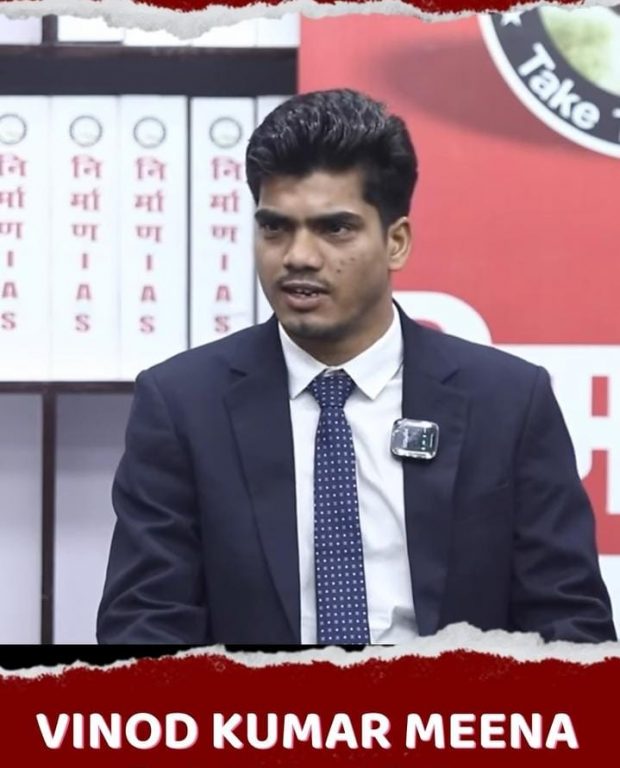
Problems One Faces While Preparing through Hindi-medium:
Mr. Meena delved deeper to illustrate the scenario that Hindi students are put against while preparing for the CSE. He said, “Hindi students are finding it much more difficult to crack the UPSC because most of them are not cracking even the prelims. Since Hindi content is now widely available, students can and have been qualifying mains examination without much difficulty. It is the CSAT in general and Maths & Reasoning in particular, where Hindi students are facing more disadvantages than their English-medium counterparts.”
He explained, “Since most of the private schools are English medium, Hindi students must choose government schools with inadequate infrastructure. Thus, you can see a divide where English medium students receive better education, advanced syllabi, and facilities, while Hindi medium students have to build their career from a bare minimum.”
“In Essay or Ethics paper, we can get higher scores, but answer writing in Hindi is much more time-consuming than in English. Writing in Devanagari script takes more time as we have to lift the nib of our pens at each punctuation or after each letter. On the other hand, there is continuity in writing in English. Most of the Hindi-medium students can’t get the writing pace high enough to cover all the questions in just three hours,” elaborated Mr. Meena.
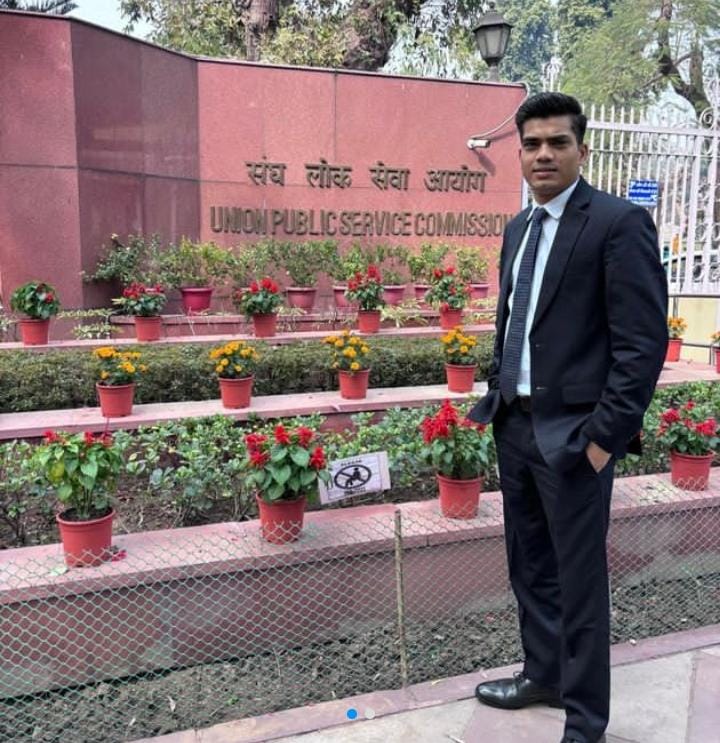
Advice for Aspirants:
Mr. Meena has some solemn pieces of advice for all aspirants — Start answer-writing practice in the first month of preparation itself! He said, “It does not matter how knowledgeable you are — you must write two papers, each 3 hours long, every day for ten days during the mains examination to crack UPSC.”
Mr. Meena had a special piece of advice for Hindi medium students, “Focus more on CSAT than GS during your preparation.“
Future Mission:
Now that Mr. Vinod Kumar Meena has cracked India’s toughest examination, his goal is fairly simple yet profound.
He said, “Since I come from a rural and marginal background, I have considerable grassroots knowledge, having faced many hurdles and social evils myself. As a bureaucrat, I shall aim to enhance rural infrastructure and try to make an impact to ameliorate social evils and mitigate people’s ignorance.”
Indian Masterminds wishes Mr. Vinod Kumar Meena a magnificent career with the Indian Bureaucracy!



